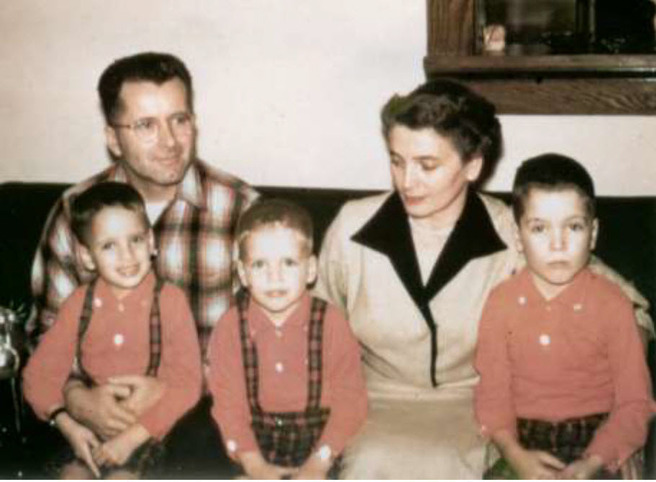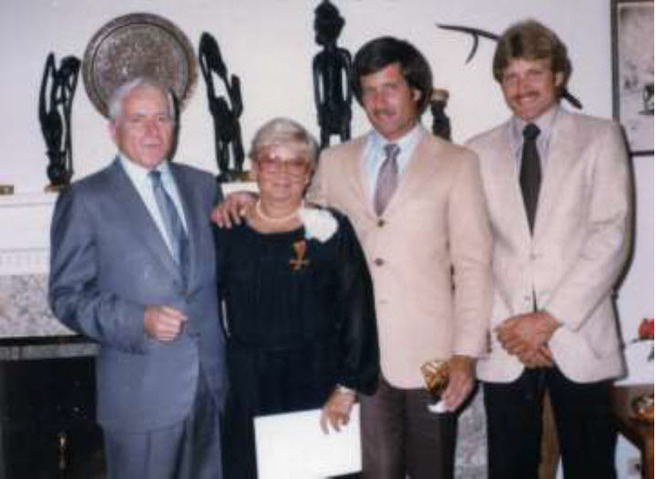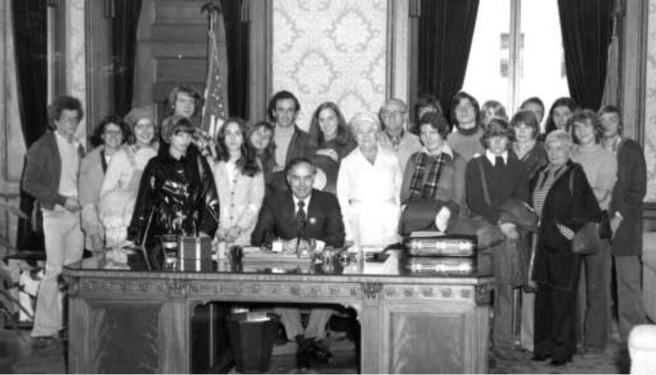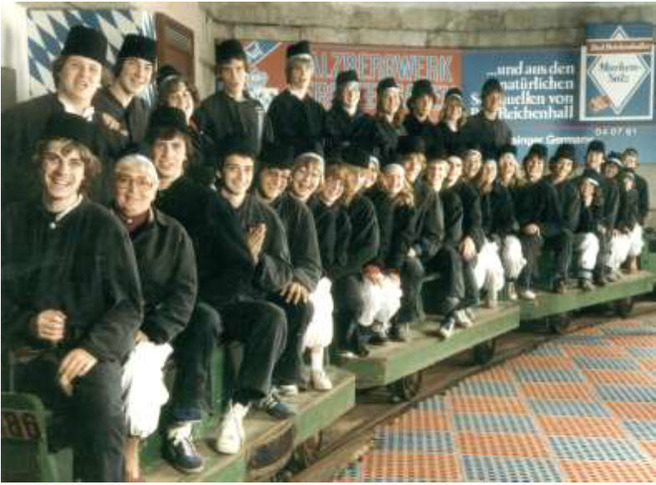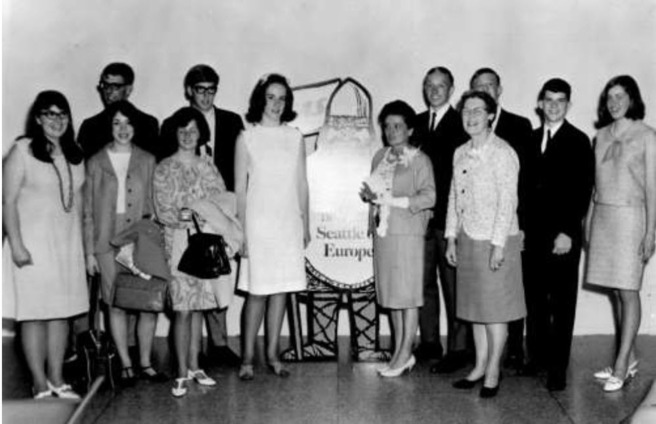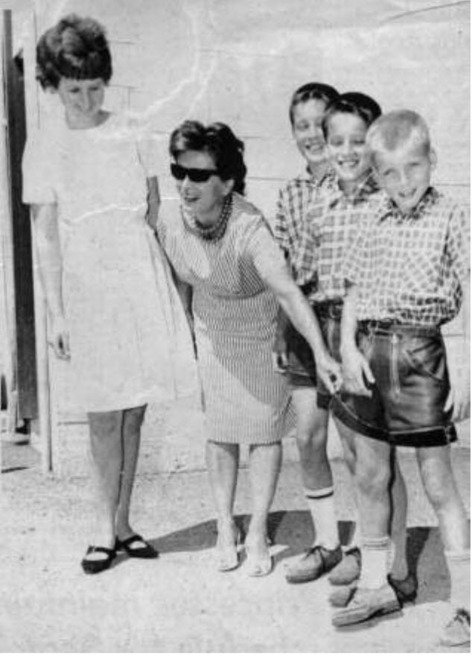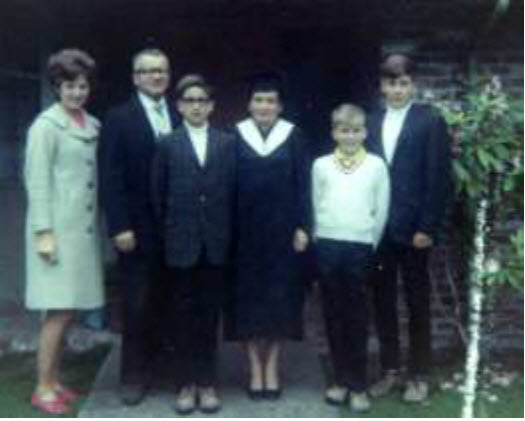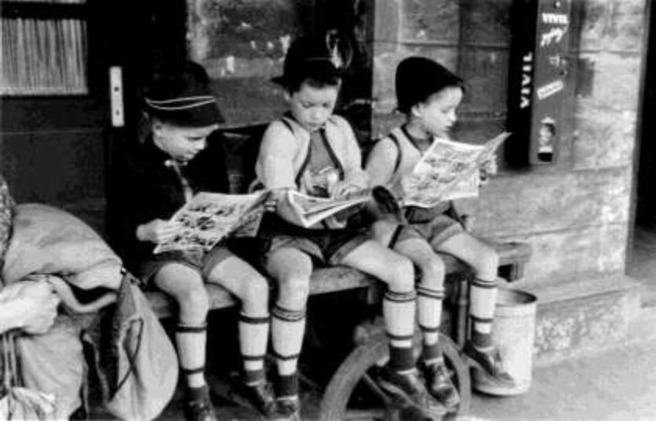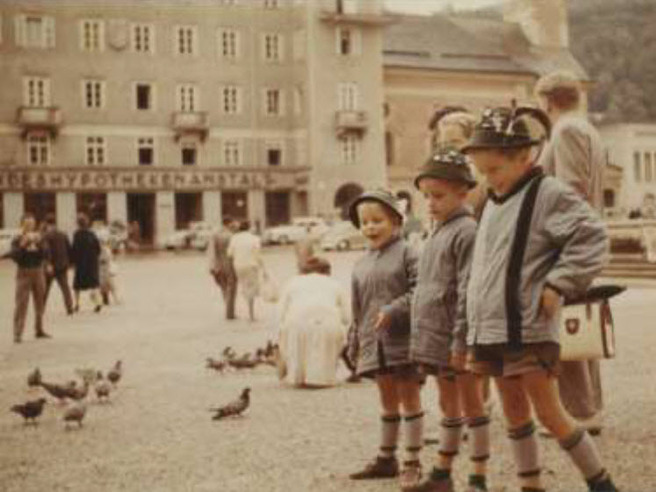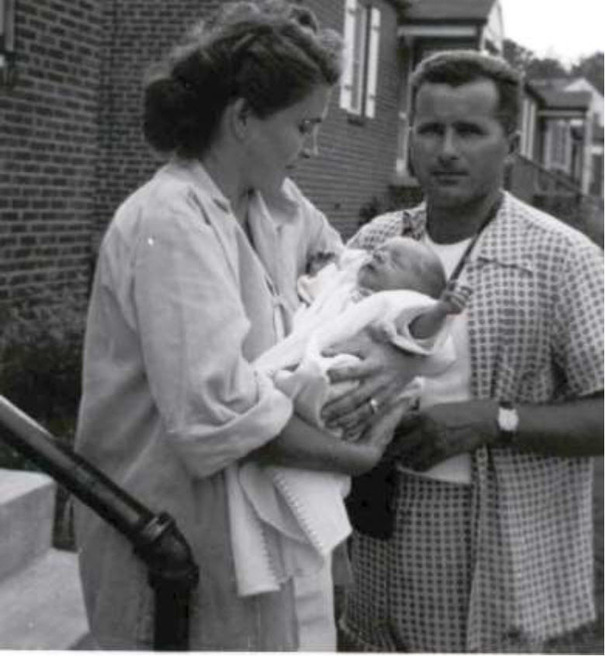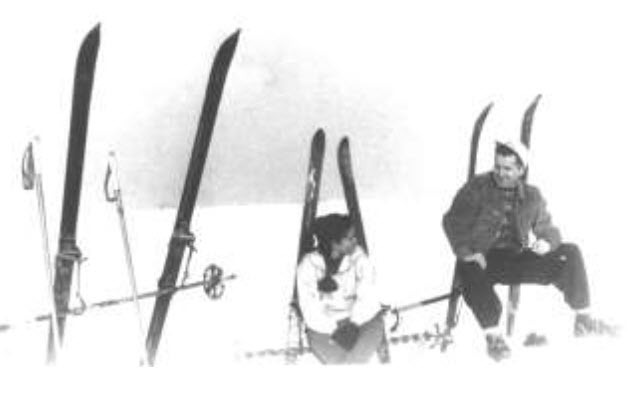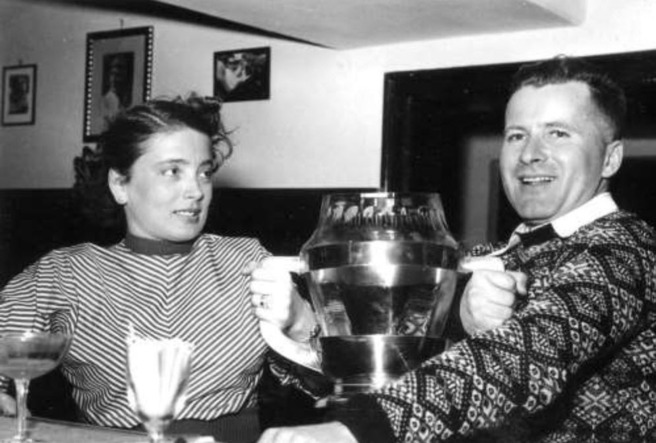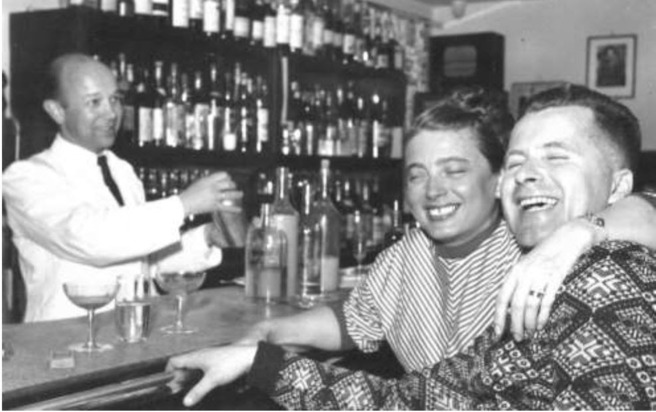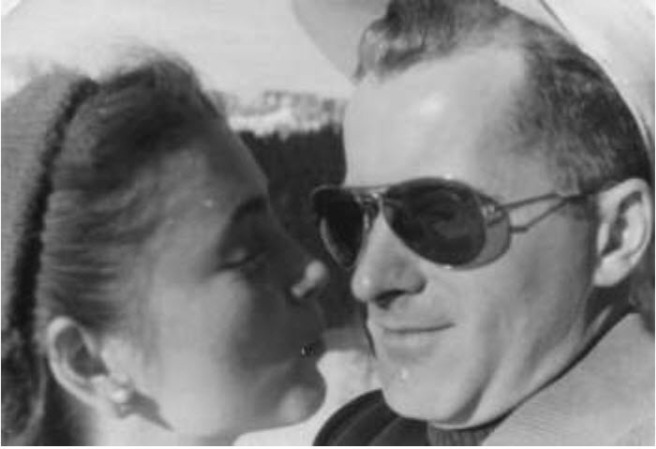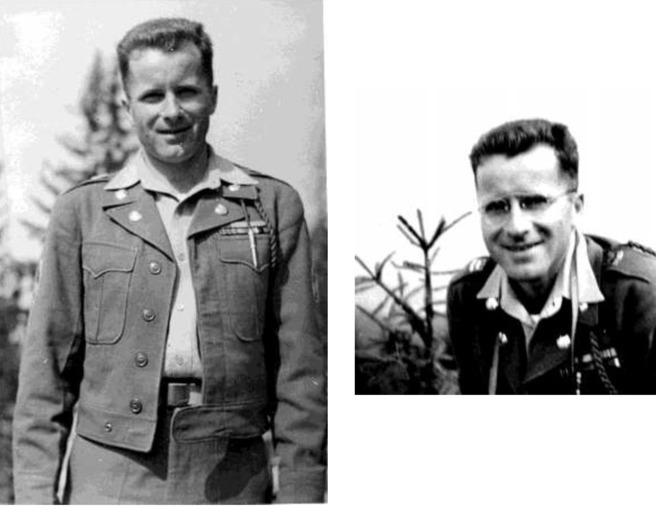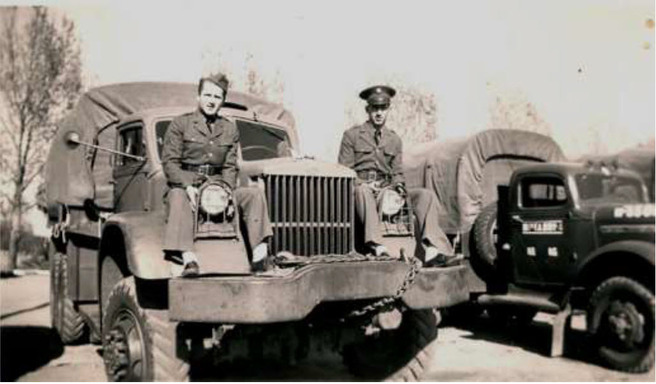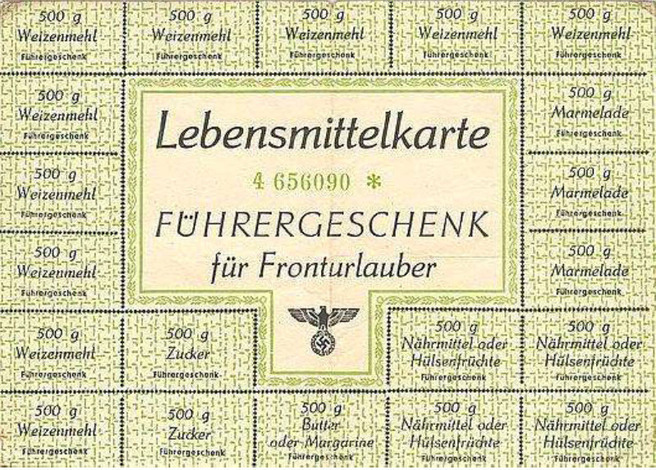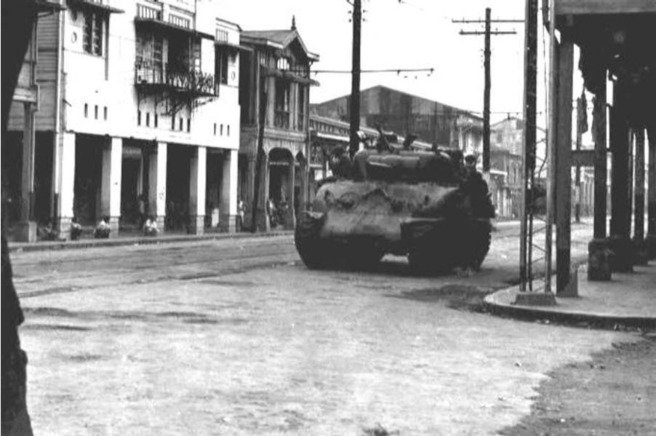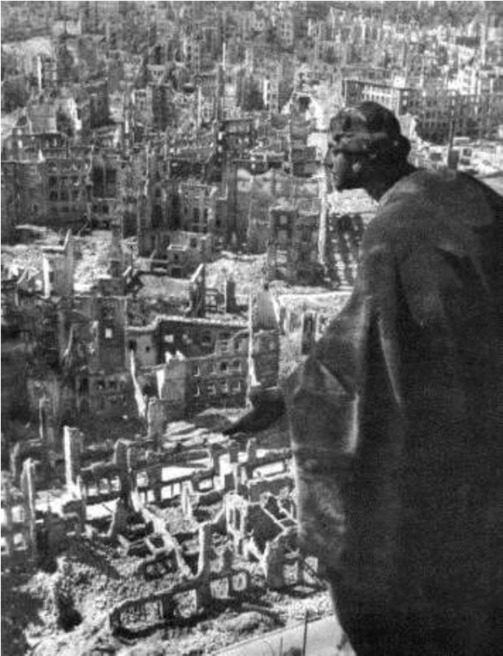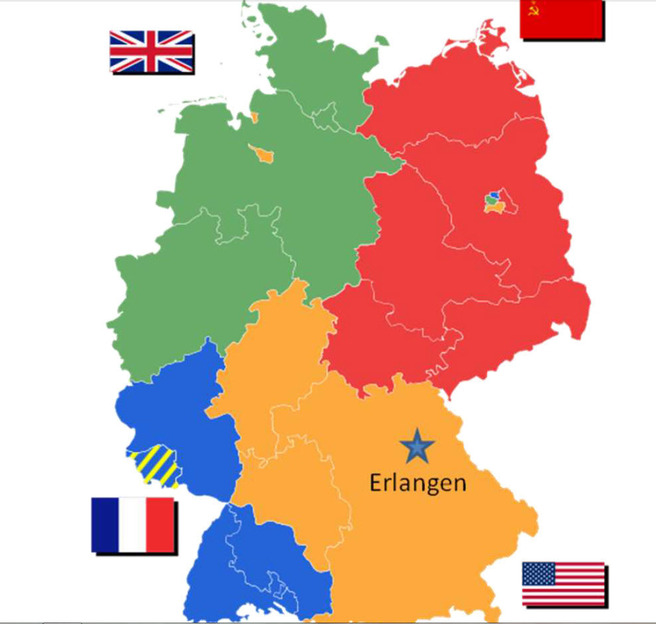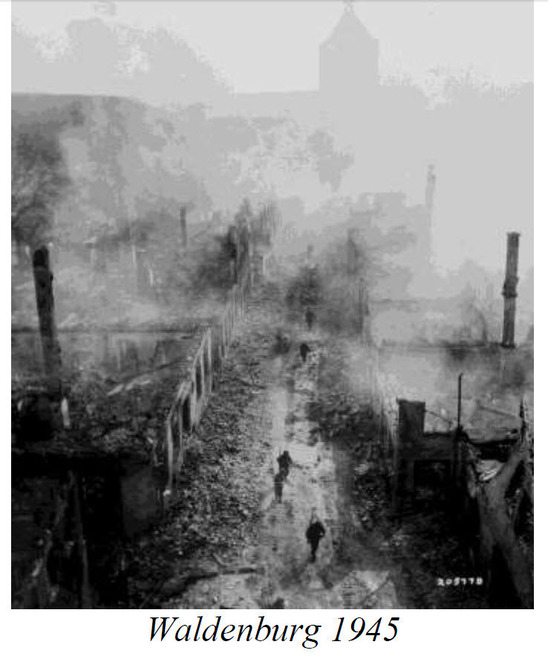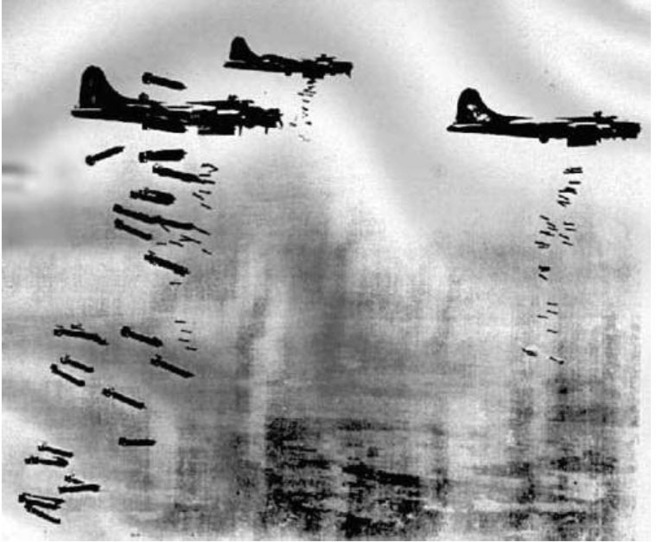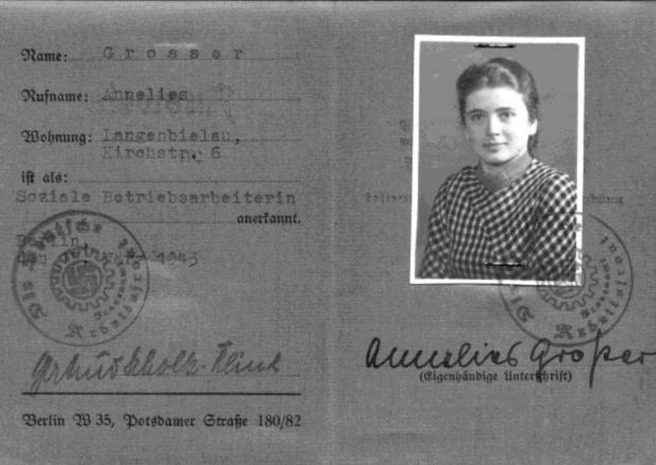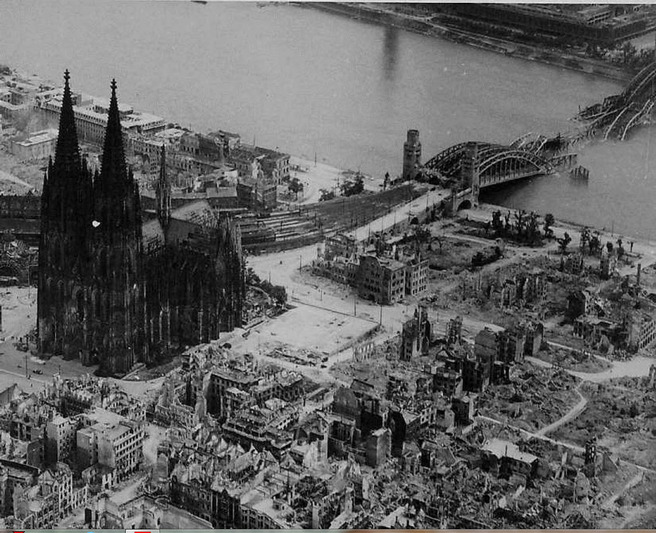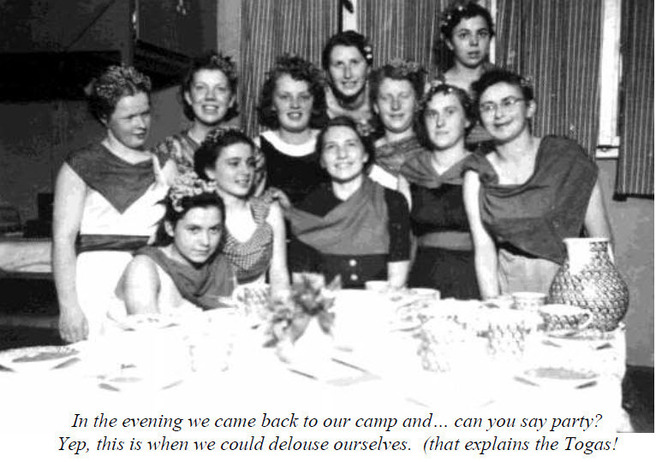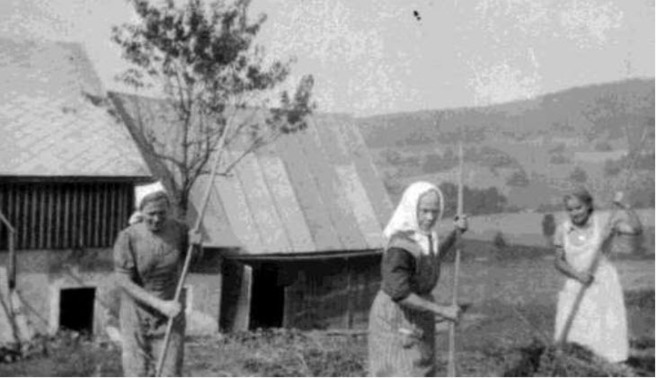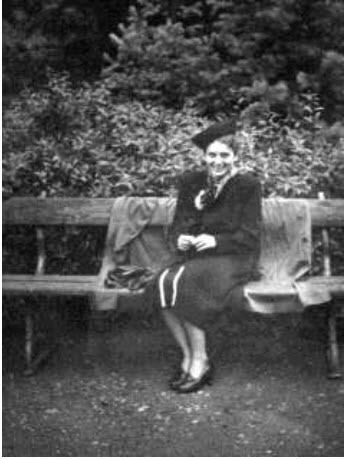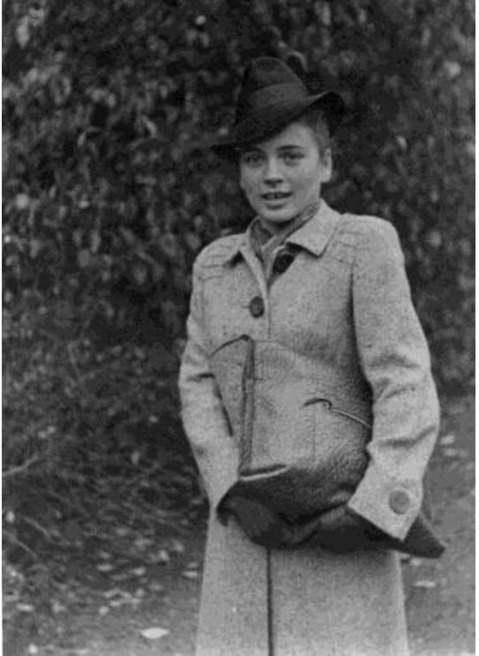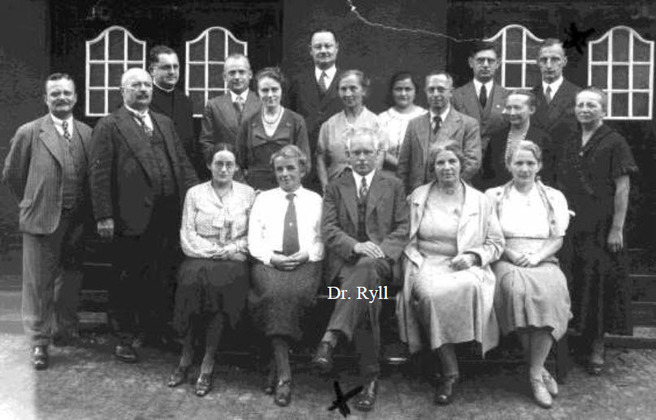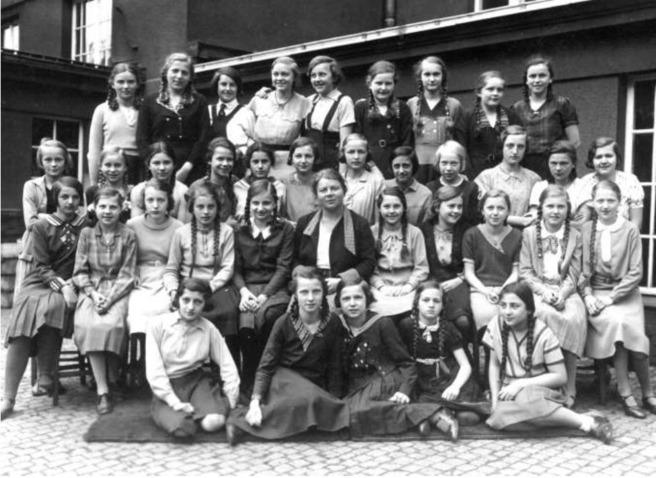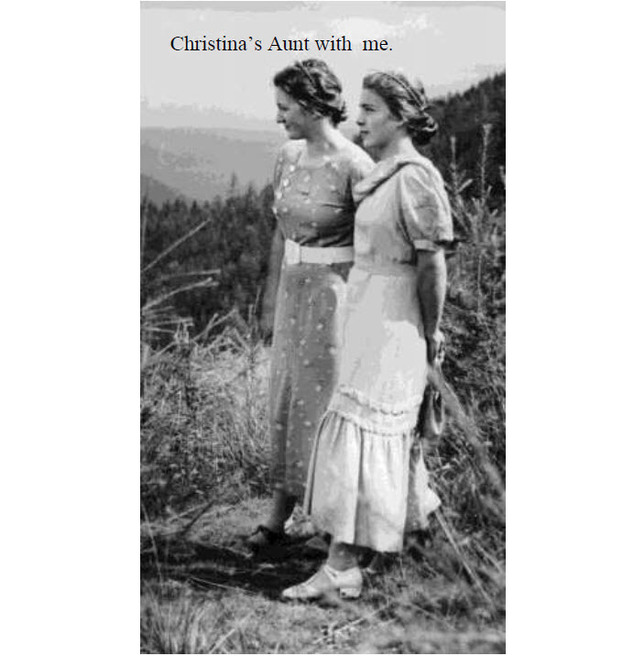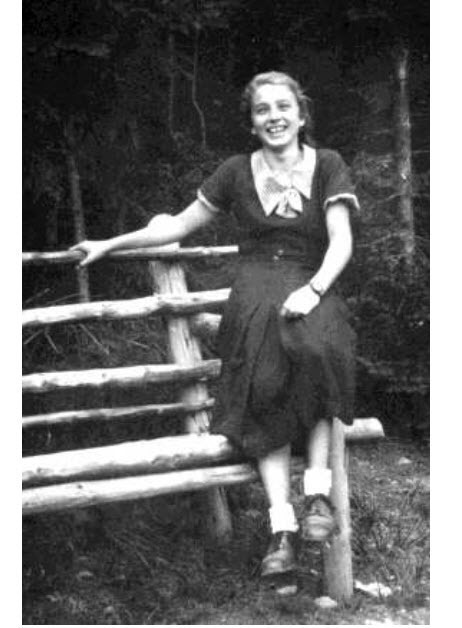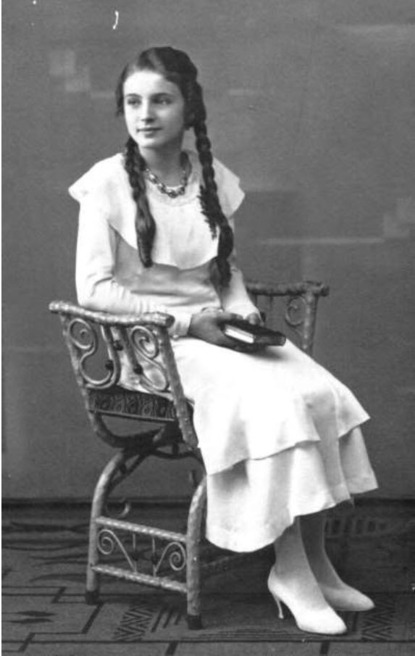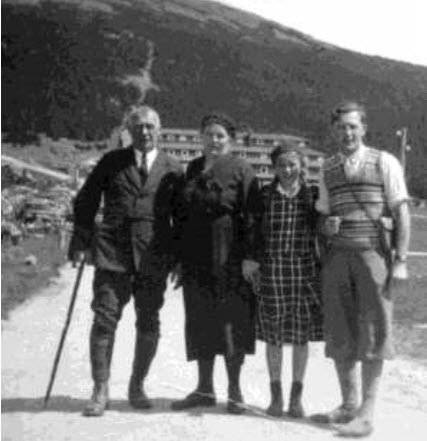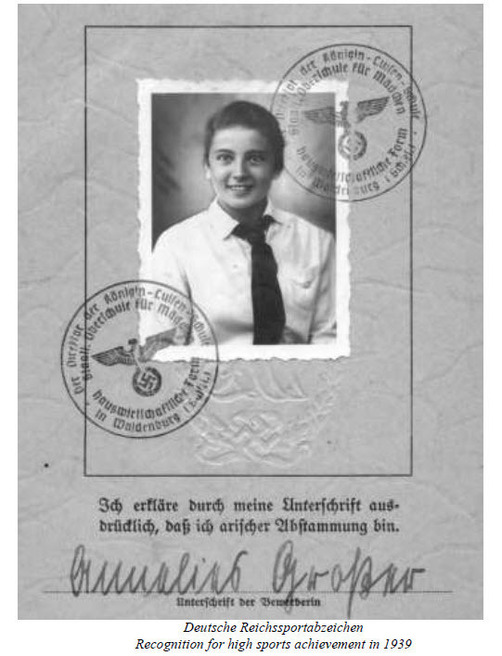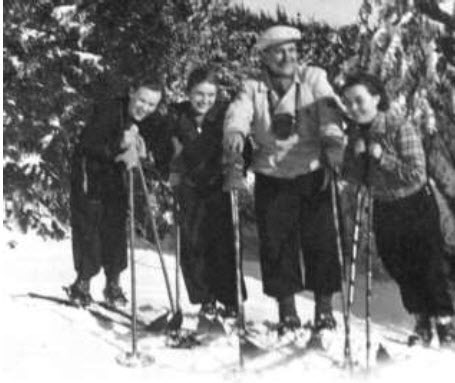A. Preparations to leave
One February day before the Russians entered my hometown, Waldenburg-Dittersbach, a Nazi Party member was driving through the streets using a megaphone to deliver the following message:
"Waldenburg cannot be saved, and the Russians will conquer the city by noon tomorrow. Anyone trying to get out before the Russians come in must leave today or tomorrow morning early. You do not need to take all your belongings with you, because in a short time our V-2 rockets will be successful and you can return. Busses are available to drive people over the Riesengebirge mountain passes to Prague."
Panic broke out among the people. My mother decided that she would stay and endure the attack of the Russian war machine. Remembering her treatment in Upper Silesia, Prinzengrube (now Poland), she felt that I should leave the next morning by bus and stay with friends in West Germany. Neither one of us believed in a safe return and so we packed two suitcases with family table linens, family silver, and enough personal clothing for three days.
The latter was stashed away in a rucksack, which also had a small blanket and a pillow. During the night we wrapped my mother’s good china and silver in old newspaper, dug a hole in the garden, and buried it. Greedy neighbors, who had watched us, betrayed us to the Russians soldiers as they ransacked all the Germans’ houses. They were hoping to save some of their own valuables, but it didn’t work. The Russians got everything.
B. The Bus Ride to Prague
On February 5, 1945 the flight from Waldenburg began. My mother and I arrived early at the marketplace. I secured a seat on the first bus and a spot for my two suitcases on top. Later on older people arrived and the bus was filled. I wanted to offer them my seat. That is when my mother got angry and said, "Remember, you NEVER separate from your two suitcases until you are in Erlangen, Bavaria."
Her own experience might have influenced her to give me this warning. These last moments with my mother were very painful, and we did not know whether we would ever see each other again. We did not know if she would survive the Russians, nor did we know whether or not I would survive the trip through war-torn Czecholoslovakia into Bavaria.
Within a short time two busses rolled away from the market square taking the more difficult route over the mountains. The route was supposed to take us west to Schmiedeberg and then south to Prague. We hoped our route would allow us to escape from the Russians. We were on top of the mountain pass when suddenly Russian gunfire was aimed at our busses. The tires of the second bus were hit, and the driver signaled to our driver to stop and help him. Our driver’s face turned as pale as a sheet, and he looked paralysed. Probably he was afraid of falling into Russian hands. Trembling, he said, "I have to get out of here." Then he sped the bus downhill. When your own life is at stake, all feelings of altruism go away and other people do not matter very much. All of us were frightened, and felt lucky to have escaped the Russians, but we also felt guilty for not being able to help the second bus.
We made it safely to the Prague train station which was occupied at that time by the Germans. The driver unloaded all the suitcases and found that some of the luggage belonged to people who had been on the second bus. He hurried off again, and I waited there still hoping that the second bus would arrive safely. I waited an hour or so, but the bus never came, and when I left the suitcases to continue my journey, they were immediately carried off by anyone (Czechs?) who wanted them. It crossed my mind that the Bible says, "Thou shalt not steal." This command is not respected in war, and resentment against the war grew in me.
In Prague at the train station we were told to board a special refugee train which was supposed to take us to Bavaria, but the designated train did not have an engine. We were told it would be there soon. This message never became reality. I sat in my compartment with a young mother holding her six month old baby. She tried to warm the baby food by holding it over the light of a candle. The baby fell asleep, and we sat and waited there for hours.


